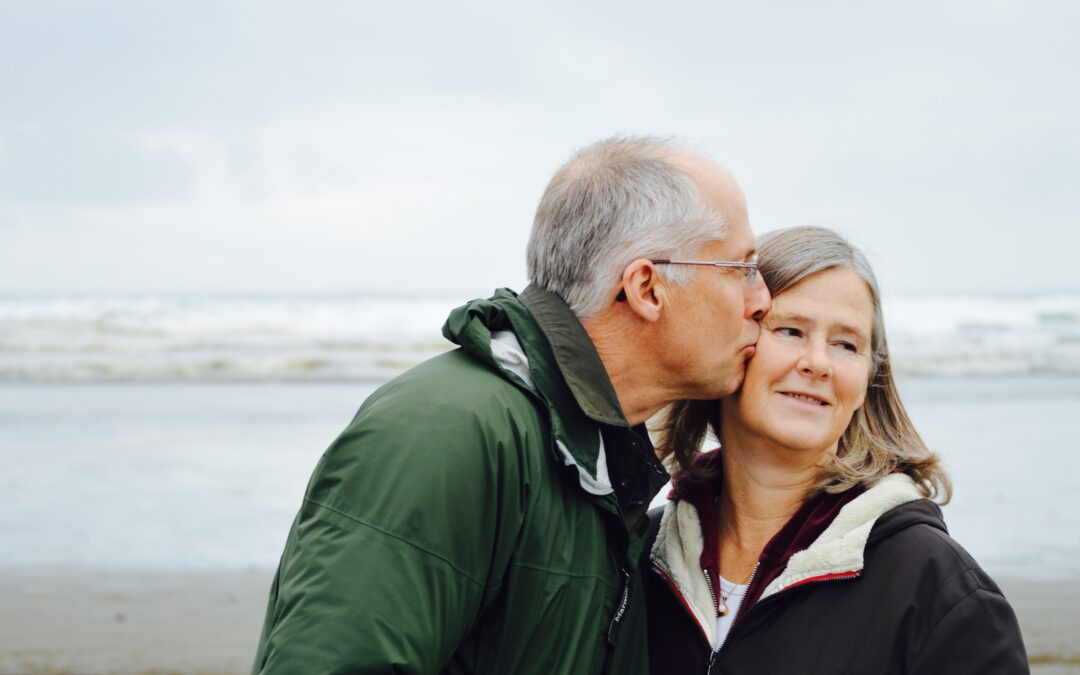I’ll never forget the first time I realized there was hope for my compulsive gambling. I was at confession and the priest said, “I don’t normally do this, but I’m giving you the phone number of someone in gambling addiction recovery at Gamblers Anonymous (GA).”
I always had the desire to quit gambling, but didn’t feel like I had the tools or the power to do it. I went to weekly GA meeting, and although I had weekly relapses in the beginning, I kept going. I’ve been going for more than three years, and the meetings continue to sustain me in my recovery.
When I was young, my grandparents and family loved to play Thirty-one and other card games for nickels or quarters. When I won the ‘pot’ it was like a big win for me. When I lost, I remember my grandma saying, “If you can’t play, you gotta pay.” It was always very enjoyable and I was lucky with it most of the time.
In college, I went to casinos with my parents. I brought $20-40 to lose. I played normally and, at this point, didn’t think of myself as a gambler.
After that, I went on a tour of different states to visit different casinos and their different games. My first really big disaster occurred in Las Vegas, where I lost my entire paycheck. I remember walking two miles in the desert with no money and feeling despair for the first time. I continued to gamble and always played until I lost everything.
A few years later, I remember going to a casino and praying because I was feeling attacked by demons at the casino. The people to my right were arguing about money while the faces of the people leaving the casino were distraught. These images were in marked contrast to people just arriving, who were running in and joyful.
At this point, I realized that if I were to continue gambling, I would lose my life’s savings. I decided that I was going to quit gambling, which I did for 13 years.
Then about six years ago, I went to a casino as part of a Christmas party my employer had. I won a TV and split a large 50-50 jackpot, and decided that gambling wasn’t so bad. Within a few months, I had four big wins, ranging from about $1,000 to $6,000. I remember thinking, “This is fantastic. This is easy money.”
I was courted in the VIP program and invited to parties and special events. I went to the casino four to five times a week. I also learned how to get a cash advance on credit cards and how to link my player’s card to my bank so I could take money out in advance. In that year, I lost about $28,000.
Things turned dark for me. I suffered from anxiety and medical issues, including a visit to the ER for a racing heart. I worked overtime, but every cent went to the casino. This went on for three years.
I looked into the Vanguard Center for Gambling Recovery and was told that I could benefit from enrolling there. However, I worried whether going there would jeopardize my job. I felt like I had to choose between losing my job or losing my life.
Between the tools I’ve gained from (inpatient) treatment at Vanguard, outpatient treatment and my GA meetings, I’ve been able to sustain my recovery since May. I know that I can string days together with sobriety and take comfort in knowing I only have to make a decision for the day.
Given my history — and given the nature of this nasty addiction — I can’t say that I’ll never gamble again. But I do know that every day in recovery is a better day than every day spent gambling.
If I could reach out to someone in the grip of gambling — who probably feels that it could lead to some kind of insanity or even death — I would tell them how quickly things start to get better once you start your recovery. In Minnesota, we are lucky to have many great resources, but you have to reach out.

